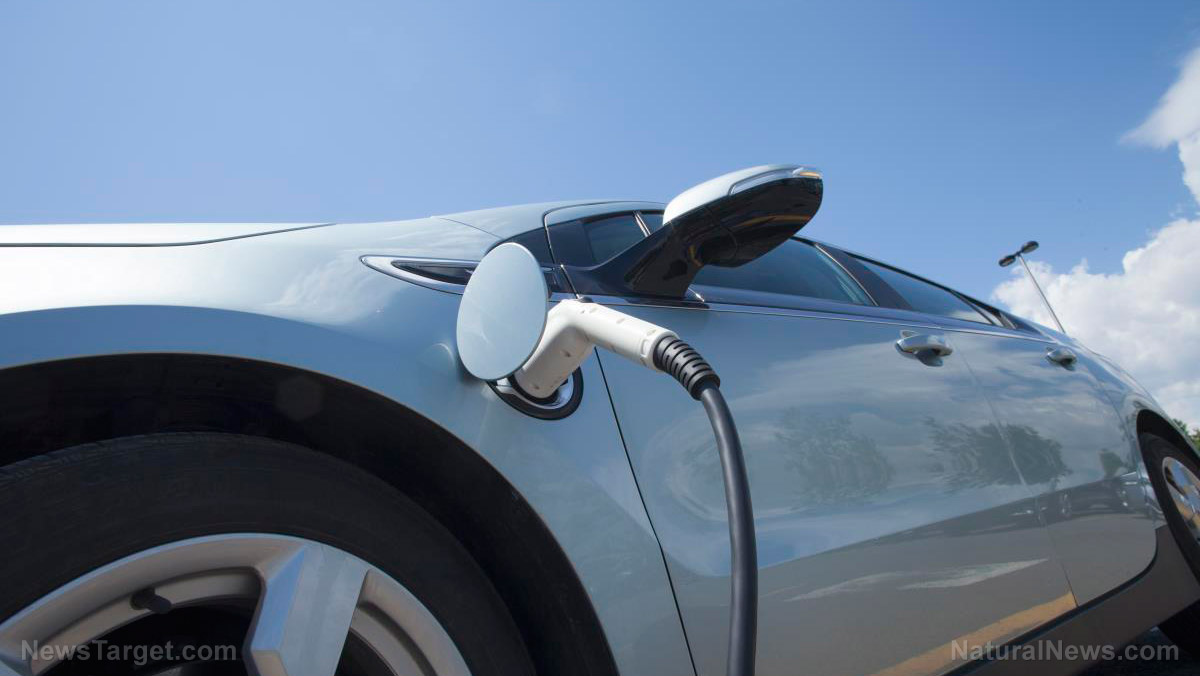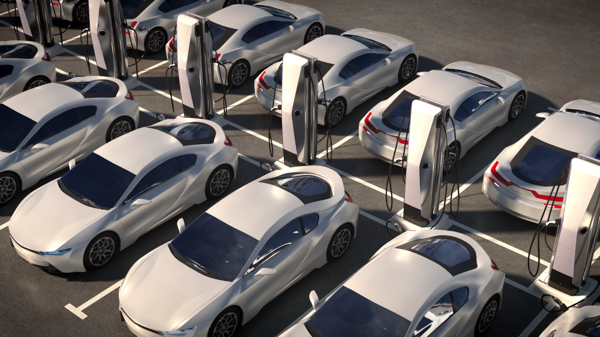34% of electric car owners in Germany switched back to combustion engine cars this year
10/21/2024 / By Ava Grace

Thirty-four percent of all electric car owners in Germany have opted to get rid of their electric vehicles so far this year and instead bought a combustion engine car. This is according to data from Huk-Coburg, Germany’s largest car insurer.
The data also shows that the number of EV owners in Germany who switch back to combustion engine cars each year is growing. In 2023, 28 percent switched back to vehicles with petrol or diesel engines. In 2022, the figure was 17.5 percent and the year before that, 14.2 percent. (Related: Germany’s EV sales PLUMMET by almost half in first 6 months of 2024.)
This is despite the fact that the transition to greater EV use in Germany is supported by the country’s federal government in its plan, known as the “climate-friendly transport transition.”
However, Huk-Coburg’s data shows that only 3.6 percent of policyholders switched from owning combustion engine vehicles to EVs this year. Furthermore, Huk-Coburg’s data shows that EVs only account for 2.9 percent of all vehicles in Germany, raising questions about whether the country will be able to handle the European Union’s mandate to ban the sale of new combustion engine vehicles by 2035.
Early EV adopters opting out in Germany
EV analysts observed that many of the Germans who initially ventured into the EV craze certainly did not do so because of any mandates. Many were lured to buy electric cars by generous subsidies offered by the German government for EV purchases, environmental concerns, the novelty and status associated with owning EVs and other desirable features seen in higher-end electric cars.
In short, many of these people went into their electric car purchase with an open mind and perhaps even enthusiasm for what they saw as the future of automobile transportation.
The fact that these early adopters are opting out means that future waves of motorists who are actually “forced” by legal means to abandon combustion vehicles may be outraged if their electric vehicles do not offer the performance they have come to expect.
The electric car market in Germany is collapsing, falling to a new record low after a state subsidy was removed.
A slump in EV registrations in Germany could set the country’s EV growth target back at least five years, according to industry expert Ferdinand Dudenhoffer.
Dudenhoffer sees both the abrupt end to EV purchase premiums and the debate around a ban on combustion engines as triggers for the current sales slump, making the target of having 15 million EVs on the road by 2030 seem impossible.
“Germany is losing more than five years in the ramp-up of electromobility,” he said in an interview with Die Welt. The high share of EV sales seen in 2022 and 2023 is not expected again in Germany until 2028, according to Dudenhoffer’s calculations.
The shift to electric mobility is shaking up longstanding industry networks and production practices centered on combustion engines. This is exacerbated by German carmakers’ late decision to significantly ramp up their investments in EVs and battery technology, where they face fierce international competition and lag behind in key fields.
Earlier this year, Sascha Coccorullo, head of strategy at ADAC SE, said “the federal government’s goal of 15 million electric cars by 2030 is already impossible to achieve.” Even optimistically, only “a stock of 8.6 million electric cars is possible” in 2030.
Visit RoboCars.news for more news about electric vehicles.
Watch this clip of electric vehicles stuck on Germany’s Autobahn because their batteries are malfunctioning in extremely cold weather.
This video is from the PatriotsCannabisCo channel on Brighteon.com.
More related stories:
Study: EV owners have BIGGER CARBON FOOTPRINTS than traditional car owners.
EV sales in Germany plummet as government subsidies disappear.
Limited EV charging stations in Europe prompts company providing them to charge OVERTIME FEES.
Sources include:
Submit a correction >>
Tagged Under:
awakening, bubble, car sales, climate change, Collapse, electric car sales, electric cars, electric vehicles, EVs, Germany, green living, Green New Deal, green tyranny, market crash, progress, robocars
This article may contain statements that reflect the opinion of the author
RECENT NEWS & ARTICLES
COPYRIGHT © 2017 GREEN LIVING NEWS


















